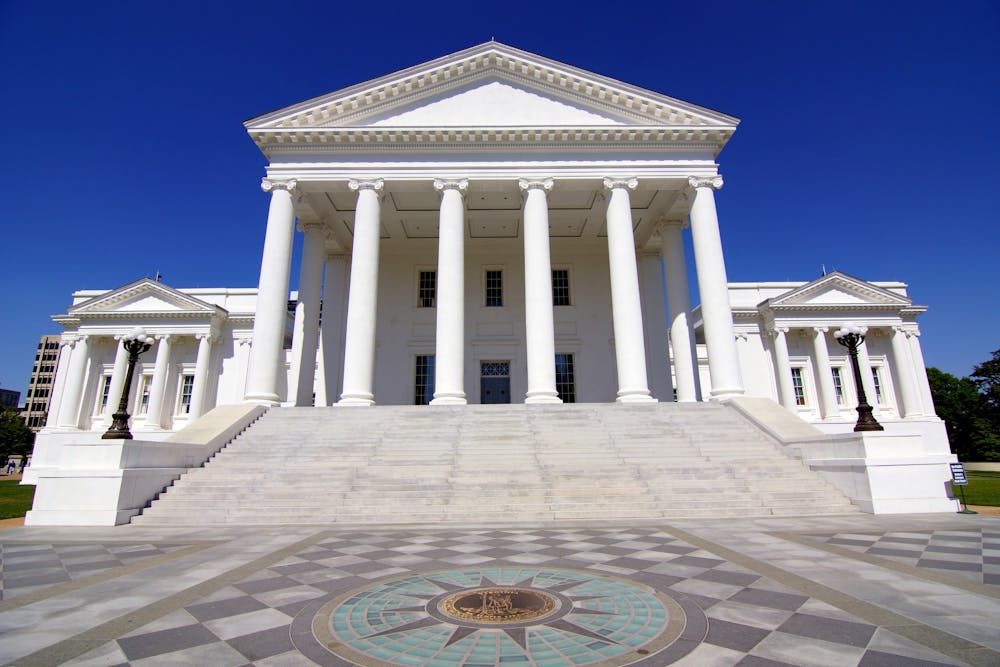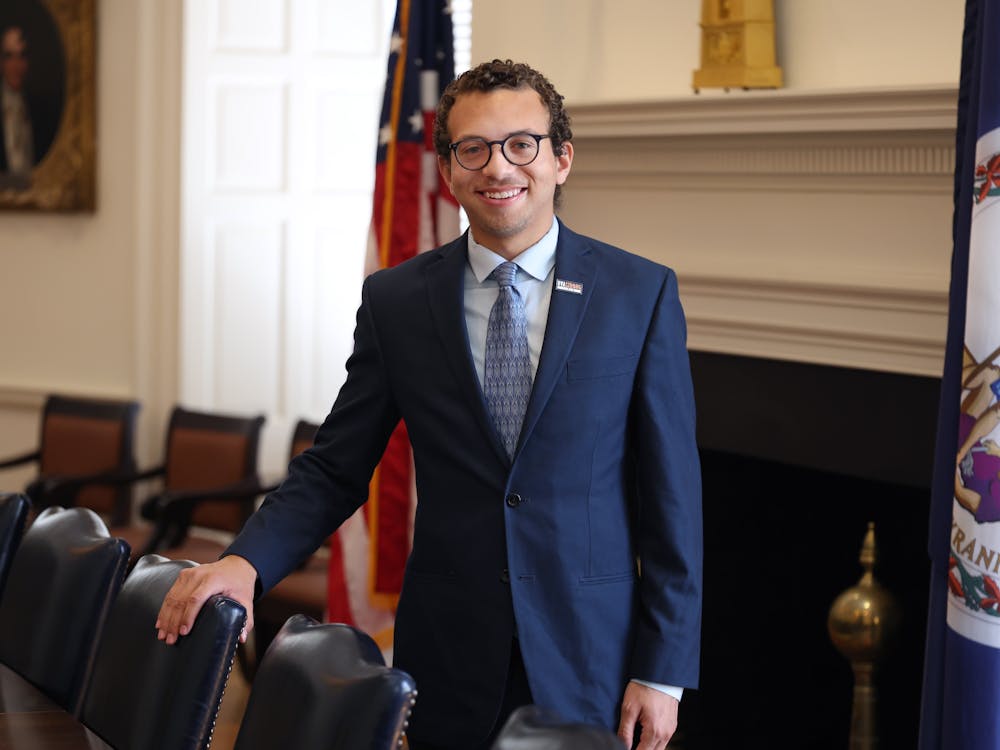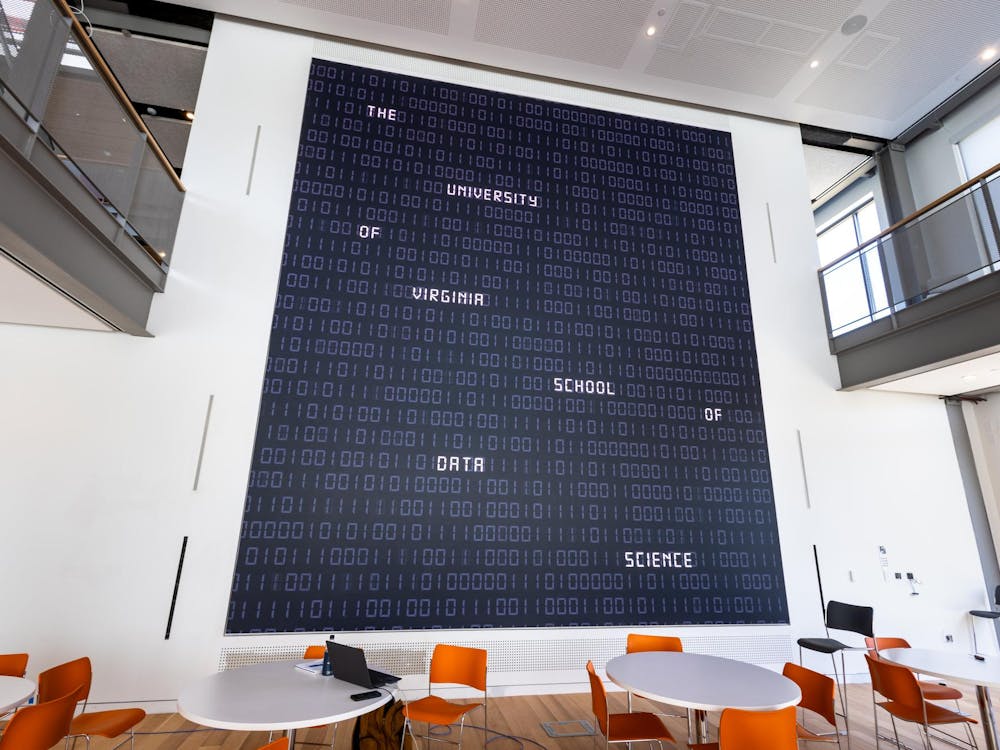Governor Ralph Northam signed into law legislation ending the use of the death penalty in Virginia on Wednesday. The decision came weeks after both the Virginia House of Delegates and the Virginia Senate affirmed measures to end the practice in the Commonwealth during its 2021 legislative session. With this move, Virginia became the 23rd state to eliminate capital punishment and the first in the South to do so.
Shortly after the General Assembly’s adoption of the measure and again Wednesday morning ahead of the signing, Northam said in a statement that the death penalty is “inequitable, ineffective and inhumane” and that the state “has come within days of executing innocent people.”
Even though the state has not used the death penalty since 2017 — when William Morva was executed for the 2006 murders of security guard Derrick McFarland and deputy sheriff Eric Sutphin — Virginia has administered nearly 1,400 executions in its history, more than any other state. Since the Supreme Court reinstated capital punishment in 1976, Virginia has carried out 113 executions — a number that is second only to Texas. The largest number of executions was carried out in the decade from 1990 to 1999, with 65 individuals being executed. In the last 10 years since 2011, there have been five executions.
A press release from the Governor’s office Wednesday noted that “a defendant is more than three times as likely to be sentenced to death if the victim of a crime is white, than if the victim is Black. In the twentieth century, 296 of the 377 defendants that Virginia executed for murder were Black.”
The Governor officially signed the bill at the Greensville Correctional Center after touring the facility’s execution chamber.
“Abolishing this inhumane practice is the moral thing to do,” Northam said before the signing. “This is a truly historic day for Virginia, and I am deeply grateful to those who have fought tirelessly and for generations to put an end to capital punishment in our Commonwealth.“
Senator Scott Surovell, the bill’s sponsor in the Senate, and Delegate Mike Mullin, its sponsor in the House of Delegates, both spoke after Northam at the ceremony.
“It is fundamentally impossible to utilize this type of sanction in a country like ours that values fundamental human rights the way we do,” Surovell said. “It is impossible to use this remedy. It doesn’t work. It doesn’t comport with our current values.”
Mullin thanked Northam for supporting the General Assembly’s reforms and cited “wrongful convictions, inadequate representation, and racial bias” as the primary reasons for overturning the death penalty.
“I don’t know what to say to the last person’s family who was executed because we wanted vengeance in another case,” Mullin said. “I genuinely think that we have the best criminal justice system in the country, and by that I mean the best in the world. But it’s still made up of people — human beings who sometimes make mistakes — and the death penalty forgoes our ability to change that.”
Jayne Barnard — vice-president of the board of Virginians for Alternatives to the Death Penalty, an organization dedicated to educating the public about death penalty alternatives — spoke on behalf of the organization at the signing, acknowledging the collective work of many individuals who fought tirelessly against capital punishment.
“This is, as we know, a historic day for Virginia,” Barnard said. “We are the first southern state to abolish capital punishment, but we will not be the last.”
The two inmates who are currently on death row in Virginia will have their sentences changed to life imprisonment without parole.







